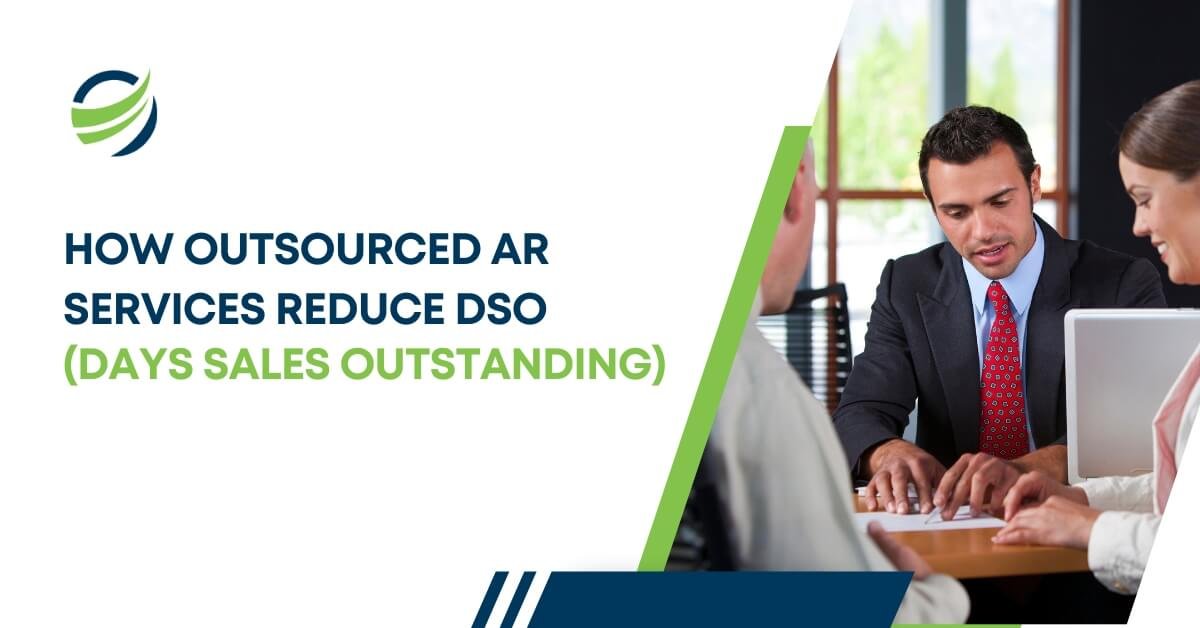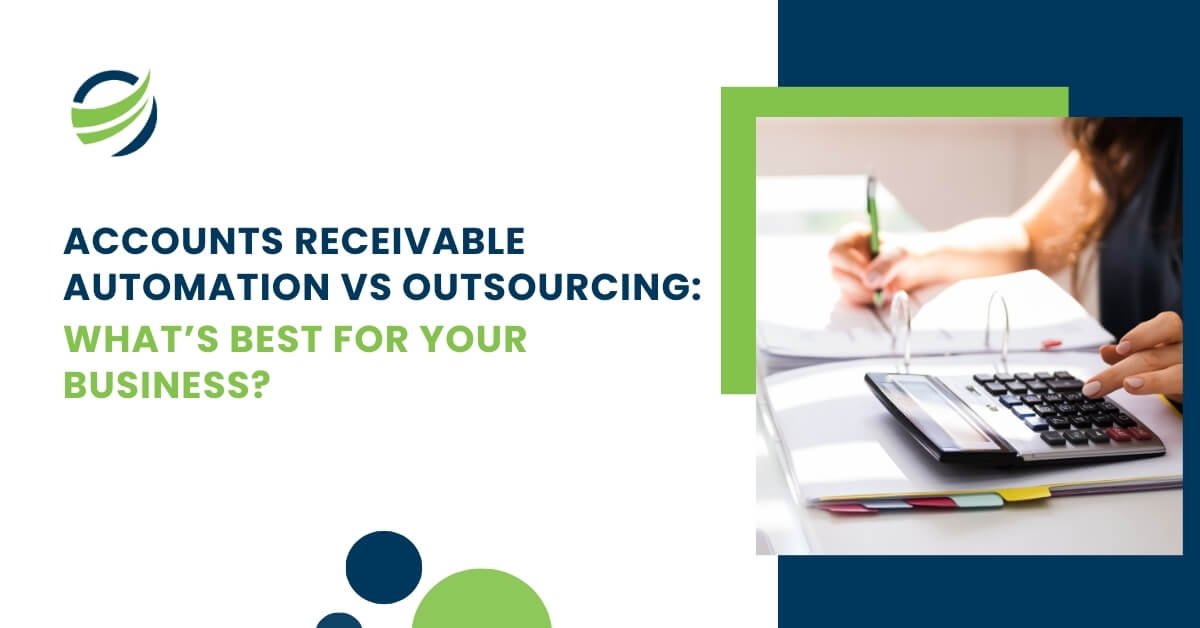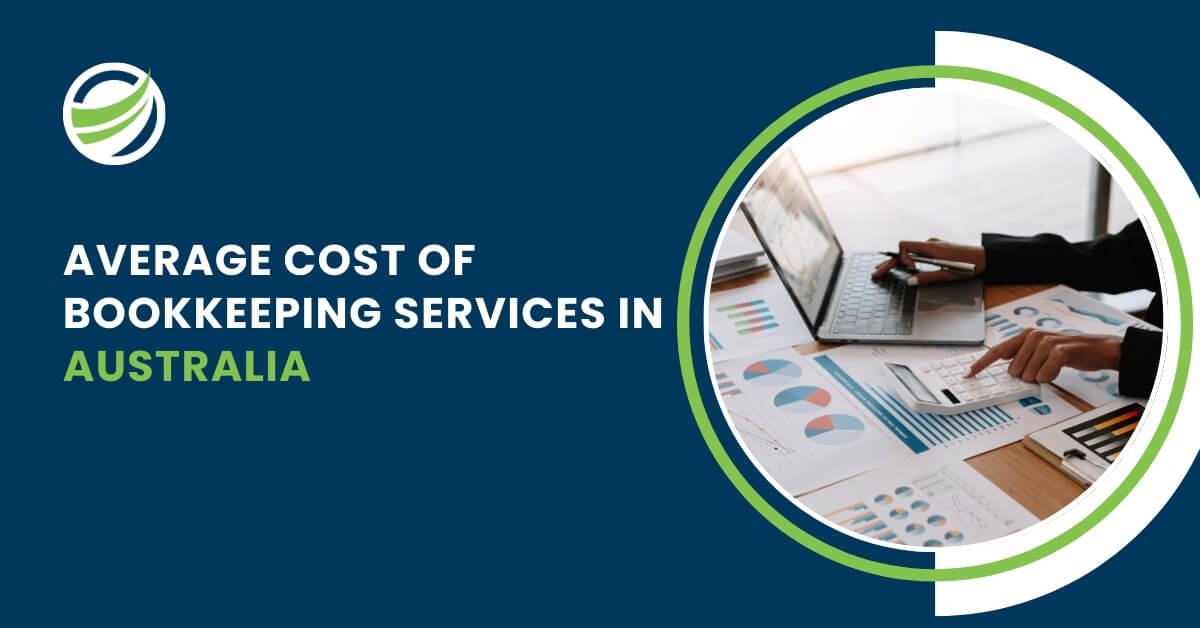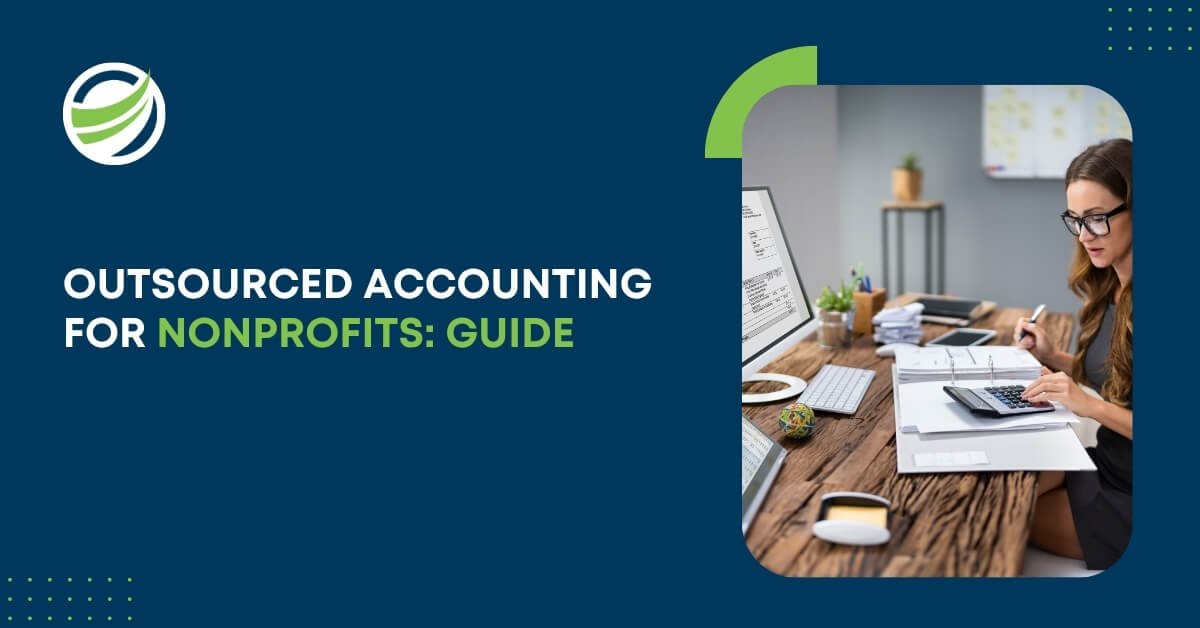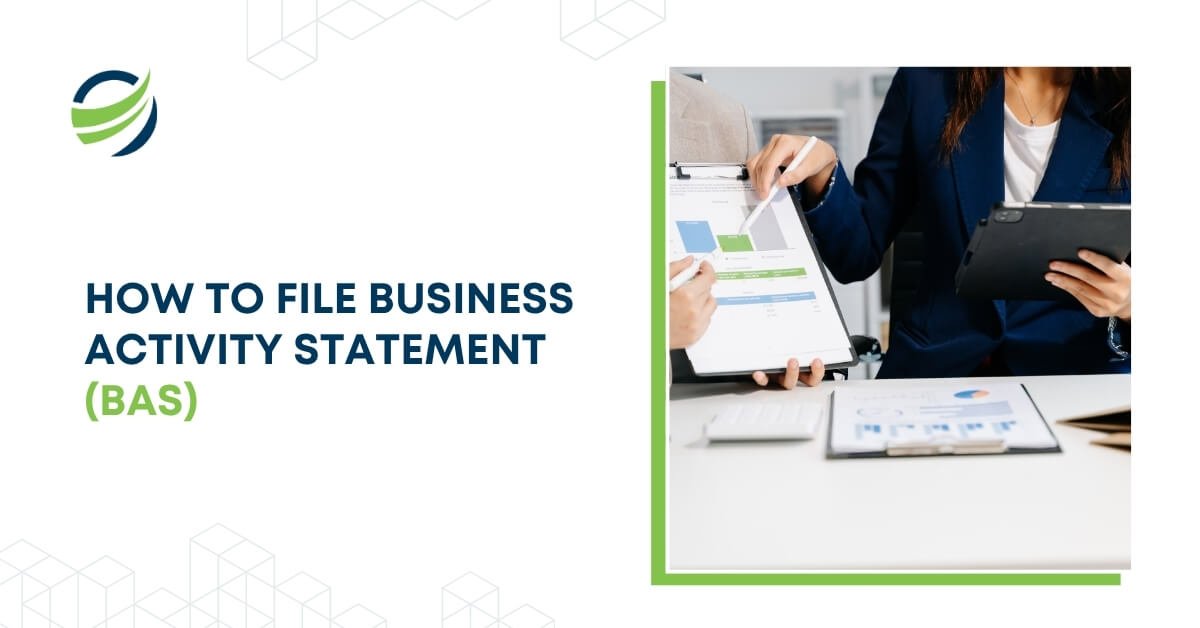
Payroll Compliance in Australia: Key Changes in 2025
- Aesha Shah
- July 29, 2025
- 5 minutes
- Blogs
Payroll compliance in Australia isn’t just a legal requirement, it’s fundamental to ethical business operations and building employee trust. With a detailed framework that spans tax withholdings, superannuation contributions, award interpretations, and record-keeping, employers must ensure every payroll action is precise and compliant.
To manage this evolving complexity, employers should follow a clear payroll compliance checklist Australia to ensure no critical obligations are overlooked. As the 2024–2025 financial year begins, major updates to payroll legislation in Australia are transforming how businesses manage their payroll and workforce operations.
These changes in payroll compliance Australia underscore the importance of staying informed, proactive, and aligned with the latest regulatory expectations to avoid disruption and ensure seamless operations.

Key Changes in Payroll Compliance in Australia for 2024–2025
With the passage of the Fair Work Legislation Amendment Act 2024, which received Royal Assent on 26 February 2024, businesses across Australia must prepare for a series of significant reforms.
While some provisions have already commenced, several transformative measures will roll out over the next two years, each with important implications for payroll compliance in Australia.
Here are the critical dates and updates every employer should be aware of:
- 26 August 2024:
- A new definition of casual employment takes effect, providing greater clarity on employment status.
- The right to disconnect now applies to non-small business employers, reinforcing clear work-life boundaries and protecting employees’ personal time.
- 1 January 2025:
- Wage theft becomes a criminal offence, marking a pivotal shift in enforcement and compliance expectations.
- 1 July 2025:
- Superannuation contributions will be extended to cover employees receiving government-funded Parental Leave Pay, aligning with broader goals of retirement equity.
- 26 August 2025:
- The right to disconnect is extended to small business employers, ensuring universal coverage across employer categories.
- 1 July 2026:
- Employers will be required to pay superannuation entitlements concurrently with wages, moving away from the traditional quarterly payment model. This is expected to enhance retirement savings and improve transparency in contributions.
Closing Loopholes Legislation: What Employers Need to Know
The Closing Loopholes Act, rolled out in December 2023 and February 2024, introduces key reforms that directly impact payroll compliance across Australia. Key reforms include:
- Wage theft becomes a criminal offence from January 2025.
- Expanded protections against workplace discrimination.
- New definitions and rights for casual employees.
- Mandatory superannuation with wages from July 2026.
Understanding this timeline is essential for meeting evolving payroll legislation Australia standards and avoiding compliance risks.
New Casual Employment Rules
Effective 26 August 2024, major reforms to casual employment laws have reshaped how businesses classify and manage casual staff. Under the updated definition, an employee is considered casual only when there is no firm advance commitment to ongoing work.
Employers must evaluate factors such as the nature of the role, the predictability of future shifts, and whether the position mirrors part-time or full-time work key considerations for maintaining payroll compliance in Australia.
Conversion Rights and Employer Duties
Eligible casual employees can now request conversion to permanent employment after six months (or 12 months for small businesses). To stay compliant, employers must:
- Respond in writing within 21 days
- Provide legitimate reasons if declining the request
- Avoid any action that undermines conversion rights
Additionally, businesses must issue the Casual Employment Information Statement (CEIS) at appropriate intervals and maintain clear, up-to-date employment records, an essential component of any effective payroll compliance checklist in Australia.
The Right to Disconnect
With hybrid and remote work blurring the lines between work and personal life, Australia has introduced the Right to Disconnect, effective 26 August 2024 for non-small business employers. This reform allows employees to disengage from work-related communications outside regular hours, supporting mental health and work-life balance.
For employers, this change reinforces the need for clear boundaries, updated workplace policies, and accurate time tracking, key elements of effective payroll compliance in Australia.
Why It Matters
The Right to Disconnect protects employees from being expected to answer work-related emails or calls outside their regular working hours. Respecting this right is essential for wellbeing and is now a formal part of modern payroll and compliance responsibilities.
Employer Preparation: Adapting to the Right to Disconnect
To comply with the new legislation and support payroll compliance in Australia, employers should take proactive steps:
- Develop clear policies on after-hours communication
- Train managers and staff on setting healthy work boundaries
- Update employment contracts to include the Right to Disconnect
By embedding these practices, businesses not only meet payroll and compliance obligations but also build a culture grounded in respect, wellbeing, and trust.
The long-term benefits are clear: better mental health, reduced burnout, and stronger employee engagement. In contrast, ignoring these changes can lead to fatigue, poor focus, and declining productivity, challenges that affect both the bottom line and overall workforce resilience.
Prioritising this reform is not just about legal compliance; it’s a strategic step toward a more balanced, productive future for the Australian workforce.

The Strategic Shift to Payroll Outsourcing in 2025
As payroll compliance in Australia becomes more demanding, many businesses are choosing to outsource their payroll functions. Navigating tax updates, superannuation reforms, and evolving workplace laws requires precision and time, resources that many internal teams are stretched to provide. Engaging smsf payroll outsourcing providers allows businesses to reduce errors, save time, and stay fully compliant with the latest legislation.
Here’s why more businesses are making the strategic shift in 2025:
- Save time and reduce admin workload
Free your team from manual processing and reporting to focus on growth and operations. - Avoid costly errors and penalties
Ensure compliance with payroll legislation Australia, from superannuation to payroll tax. - Reduce stress and complexity
Let experts handle award interpretations, entitlements, and single touch payroll compliance. - Keep up with changing laws
Stay compliant with new reforms like wage theft criminalisation and the Right to Disconnect. - Scale payroll with business growth
Adapt to workforce changes smoothly with flexible, outsourced solutions. - Leverage expert technology and insights
Access cutting-edge payroll systems that improve accuracy and streamline operations.
Conclusion: Navigating Payroll Compliance in 2025 and Beyond
As Australia enters a new era of workplace reform, staying ahead of payroll compliance Australia is no longer optional, it’s essential. From redefining casual employment and enforcing the Right to Disconnect to criminalising wage theft and shifting superannuation timelines, 2025 brings substantial changes that impact every employer.
Ensuring compliance with Australian payroll laws, including payroll tax compliance, single touch payroll compliance, and evolving employment standards, protects not only your business, but also your workforce.
As these reforms continue to evolve, maintaining strong Australian payroll compliance practices will be vital for long-term sustainability and employee trust. If you’re exploring ways to strengthen your internal processes or need support navigating legislative changes, partnering with offshore payroll professionals can make a significant difference. It’s a strategic move that helps ensure you’re not only compliant but also positioned for scalable growth.




